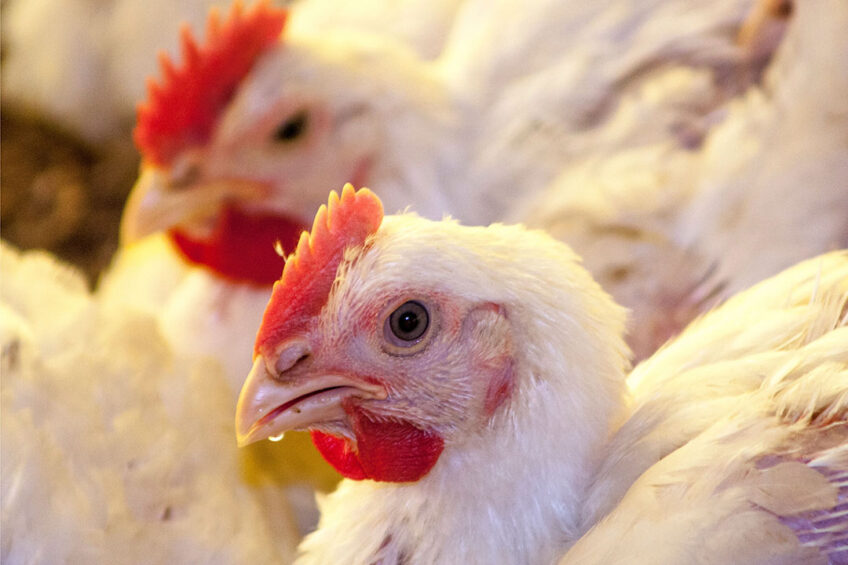Polish poultry businesses speak out against the GMO ban

Several Polish poultry organisations have called on the government to abandon plans of banning the use of GMO in feed from January 1, 2024, warning of tremendous losses such steps would incur.
On November 2, the Polish government adopted a series of amendments to the Feed Act, under which production, marketing and use of feed containing genetically modified components should be prohibited without any transition period.
Currently, the amendments are planned to be discussed at the next meeting of the Polish Sejm, probably at the beginning of 2023.
GMO ban decision made without consultation
The authors of the letter, which was signed by 10 agricultural organisations, including all leading unions of poultry producers, said that the government’s decision came as a big surprise, as originally, the amendments permitted the use of GMO in feed throughout 2027.
The decision to ban GMO in feed was made without any consultations with agricultural businesses and will have a huge negative impact on livestock production, the authors said.
“In addition to a significant increase in costs, problems related to the availability of feed should be expected due to the lack of substitutes for GMO soybean meal, especially in such a short period of time. The production of vegetable proteins in Poland is, on the one hand, insufficient, and on the other hand, it is not possible to replace soybean meal entirely with ‘Polish protein’ for nutritional reasons,” the letter said.
Heavy toll on the poultry industry
In particular, the lack of GMO feed is expected to take a heavy toll on the poultry industry. Poland is Europe’s largest broiler meat exporter, and the planned restrictions could drive farmers to collapse. The decision is taken when the industry battles numerous challenges, including the consequences of the Covid-19 pandemic, skyrocketing energy prices, and rising competition with poultry imports from Ukraine, according to the letter.
Over 50% of Polish broiler meat is intended for export, while feed accounts for 70% of production costs, the authors reminded. “Poultry farmers will have to translate rising costs into prices. This will give an additional inflationary impulse to the field particularly sensitive to consumers,” the authors added.
Puts Polish broiler meat at competitive disadvantage
Currently, no other EU country has banned the use of GMO in feed production. If the ban is introduced, as a result, Polish poultry will have to compete in all export markets with broiler meat produced using much cheaper feed.
“The poultry industry is in favour of intensifying efforts, both at the national and EU level, aimed at increasing the supply of feed produced from locally grown crops, but these efforts should be made in such a way that it does not lead to a reduction in the competitiveness of the Polish poultry industry,” the letter said.







